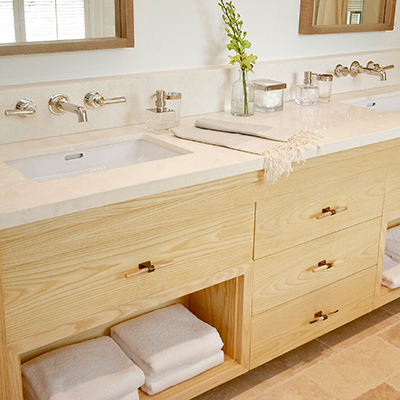NATURAL STONE
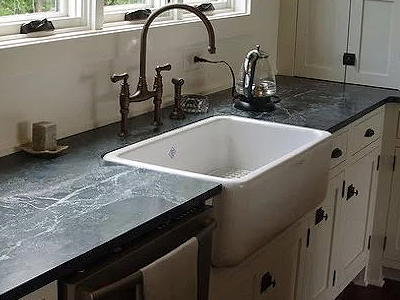
NATURAL STONE
Celebrate your home with the beauty of natural stone.
Click on the following links to view slab inventory.
KNOW YOUR STONE
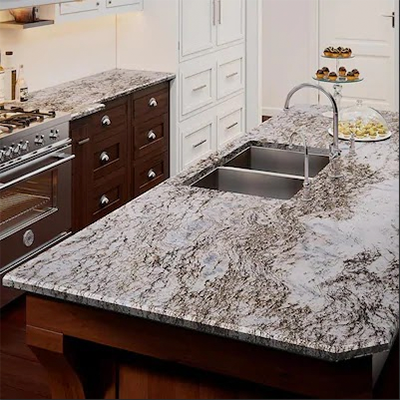
GRANITE
Granite virtually defines elegance, and can easily elevate a kitchen’s design with its conspicuous presence on islands or other countertops.One can find granite slabs in an assortment of colors and styles. This allows it to complement almost any kitchen or bathroom design.Granite is an igneous rock formed naturally deep in the Earth’s crust, where extreme pressure and temperatures in excess of 2300° F causes small particles of quartz and feldspar to fuse together. This not only gives granite its signature speckled or mottled appearance, which helps to conceal seams, but also its remarkable hardness and superior heat resistance. Naturally stain resistant and easy to care for, granite natural stone countertops are an excellent choice for your family.
QUARTZITE
As a natural stone countertop option, quartzite has one significant advantage over granite. It has greater density, which makes it more resistant to chipping, staining, or scratches. The fact that it can resemble marble makes this advantage even more significant, as many still consider marble to be the most luxurious stone countertop option. Quartzite (not to be confused with quartz, below) is a metamorphic rock formed naturally when quartz sandstone is subjected to the same extreme pressure and temperatures as granite. The individual grains of quartz and cementing materials recrystallize into an interlocking mosaic with a smooth, glassy surface. Like granite, quartzite countertops also require regular sealing, but virtually no other maintenance.
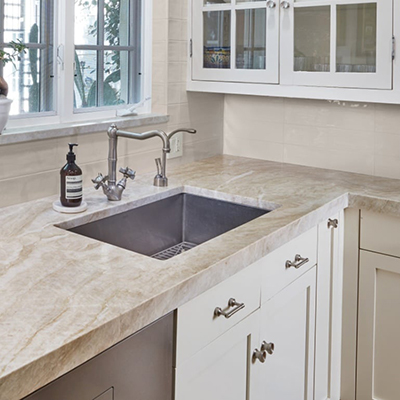
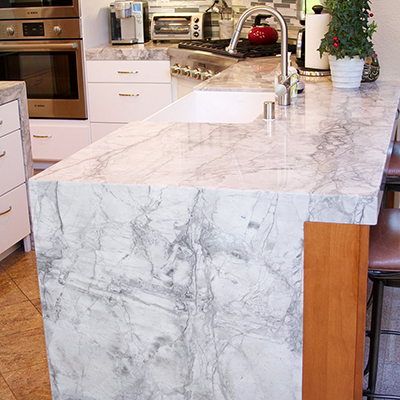
DOLOMITE
Unlike granite or quartzite, dolomite is a sedimentary rock, which forms naturally when limestone comes in contact with magnesium-rich groundwater and undergoes a chemical change. It comes in shades of white or gray, and usually contains streaks that allow it to resemble marble better than quartzite. This is significant because although dolomite is not quite as hard as granite, it is still much harder than marble, making it a more scratch- and chip-resistant option. It is often called “dolostone” to avoid confusion with the mineral dolomite, even though the mineral is a significant part of the stone’s makeup.
MARBLE
Marble has a varied beauty. With no two pieces ever identical, marble has fascinated artisans and decorators throughout history. The Greeks in their wisdom chose marble to add statuesque and thoughtful beauty to their homes and public places. The Romans carried it home from far corners of their empire, giving marble its time honored cache. Marble is a unique natural stone created by limestone deposits. Re-crystallized through the action of heat and pressure, marble literally morphs into its unique patterns, colors, and swirls. With its beautiful veining and patterns, marble always adds elegance to any kitchen. It also provides a lush backdrop for your perfect bathroom and is strong, durable, and easy to clean. While marble is not as hard as dolomite, granite, or quartzite, Marble is a metamorphic rock that’s naturally formed by subjecting limestone or dolomite to extreme pressure in the Earth’s crust. Impurities allow marble to form in a vast variety of colors and styles.
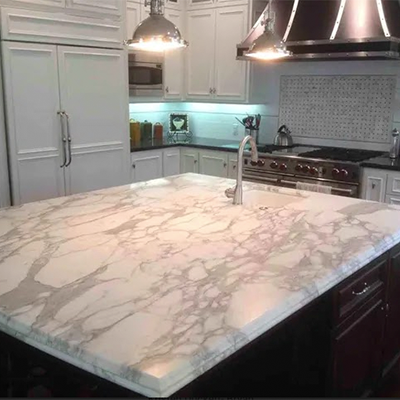
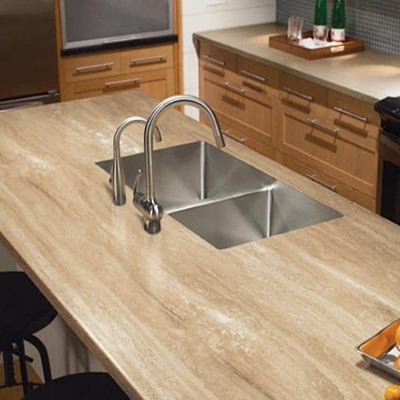
TRAVERTINE
Travertines honed natural finish is ideal for both commercial and residential countertop use. Travertine Countertops comes in both tile and slab forms to meet your preferences. You are sure to find the right travertine color to match your home or commercial space. Its smooth and durable surface provides an optimal surface in combination with its natural visual appeal.
ONYX
Onyx is a strikingly dramatic stone that comes in pastel colors and swirling patterns. An onyx countertop is translucent; light transmits through it. Often, onyx is backlit to take advantage of this unique property. It is a calcareous stone, formed by dissolving limestone and redeposited as a new kind of stone. Consider onyx for all sorts of dramatic design elements, because unlike other stones, light transmits through it and makes for a very cool and interesting appeal.
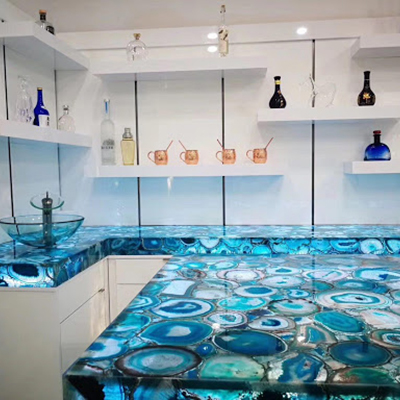
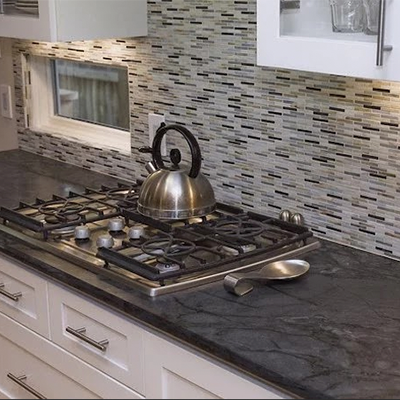
SOAPSTONE
The warm look and cool feel of soapstone countertops add distinctive character to any space it’s installed. Also known as steatite, soapstone contains the mineral talc, as in talcum powder, making it relatively soft. While hardness is desirable in a countertop for structural stability, what soapstone lacks in hardness, it makes up in density. Soapstone particles are extremely compact making it more sanitary and easier to wipe clean. Its impenetrable surface reduces the risk of bacterial growth and it is among the most heat-resistant stones available, but it does have a tendency to scratch or chip under heavy wear. Soapstone darkens over time, however, via a natural process akin to oxidation, so it will eventually develop a distinct appealing patina.
LIMESTONE
Limestone is an attractive, heat-resistant choice for kitchen countertops. The buff shades of limestone mixed with the fossils create a classic look that will generate unending compliments. It is a carbonate sedimentary rock that is often composed of the skeletal fragments of marine organisms such as coral, foraminifera, and molluscs. Another aspect of limestone is its ability to be a Fossil Stone. This stone has collected deposits of freshwater creatures that have since been fossilized in the material. The fossils of fish, mussels, and snails are often found within these slabs of limestone, some of which date back to over 400 million years ago. These pieces of nature and history are entirely unique and timeless.
